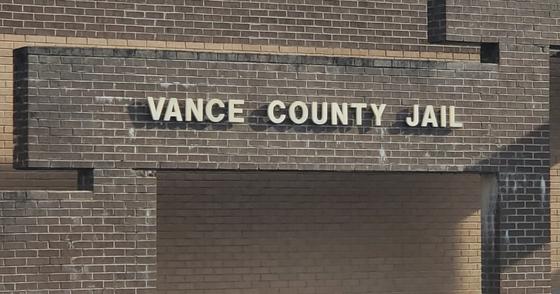100.1 FM / 1450 AM WIZS; Local News broadcasts M-F 8am, 12pm, 5pm
-Press Release, NCDS&CS
The N.C. Forest Service is urging people across North Carolina to remain vigilant in reducing wildfire risk. While recent rainfall brought immediate and temporary relief to much of the state, warmer, drier days combined with winds could quickly dry forest fuels, increasing the risk of wildfire.
Many tourists come to Western North Carolina to see the changing leaves or for extended stays to hunt. Some of these visitors will use campfires as a source of heat. Where there is fire, there is the risk of that fire escaping into areas where fuels are dry and readily available.
“During dry and windy periods of weather with little rainfall, everyone needs to be extra cautious when burning. It takes very little to start a damaging wildfire,” said Agriculture Commissioner Steve Troxler. “Dry forest fuels are right there, ready to burn if ignited by the tiniest of sparks.”
The N.C. Forest Service offers the following tips:
- Anyone building campfires in an established campground should use existing fire rings if possible and clear a safe area around them of at least 15 feet. Never leave campfires unattended and ensure they are completely out before leaving.
- Always check the weather prior to burning and follow state and local regulations if you plan to burn yard debris such as leaves, grass, sticks and stubble. There are many factors to consider before burning. Make sure you have a valid burn permit.
- Use care when removing ashes or coals from wood-burning stoves, fireplaces or pellet stoves. “Often, homeowners will dispose of ashes in their yards, at the edge of the woods, or in landscaped and mulched areas such as flower beds. When ashes or coals are not completely extinguished and fuel conditions are favorable for fire due to dry weather and wind, ashes can reignite and start a wildfire,” said Greg Smith, Mountain Regional Forester with the N.C. Forest Service. “It is best to put the ashes in a metal or steel bucket or barrel and douse them with water while stirring the mixture until the ashes and coals are completely drenched and cold.”
- Be attentive and cautious when burning backyard fire pits during the fall and winter seasons. Homeowners should handle a fire pit as they would handle a campfire. Clear a safe area around the fire pit of at least 15 feet. Use properly seasoned, dry, split wood for fuel, and do not use flammable fluids, such as gasoline and lighter fluid, to light or relight fires. Use a metal screen to prevent embers from flying out of the fire pit. Keep children and pets at least three feet away from the fire. Make sure you have a hose, bucket and shovel nearby. Keep a phone nearby, too.
- Always exercise caution with any outdoor burning. Even when burn bans are not in effect, weather conditions may not be favorable for outdoor fires. Outdoor burning is discouraged during periods of low humidity or high winds.
The N.C. Forest Service encourages residents to contact their local county forest ranger before burning debris. The ranger can offer technical advice and explain the best options to help ensure the safety of people, property and the forest.
To find contact information for your local county ranger, go to the forest service website. To learn more about fire safety and preventing wildfires and loss of property, visit www.ncforestservice.gov.

















